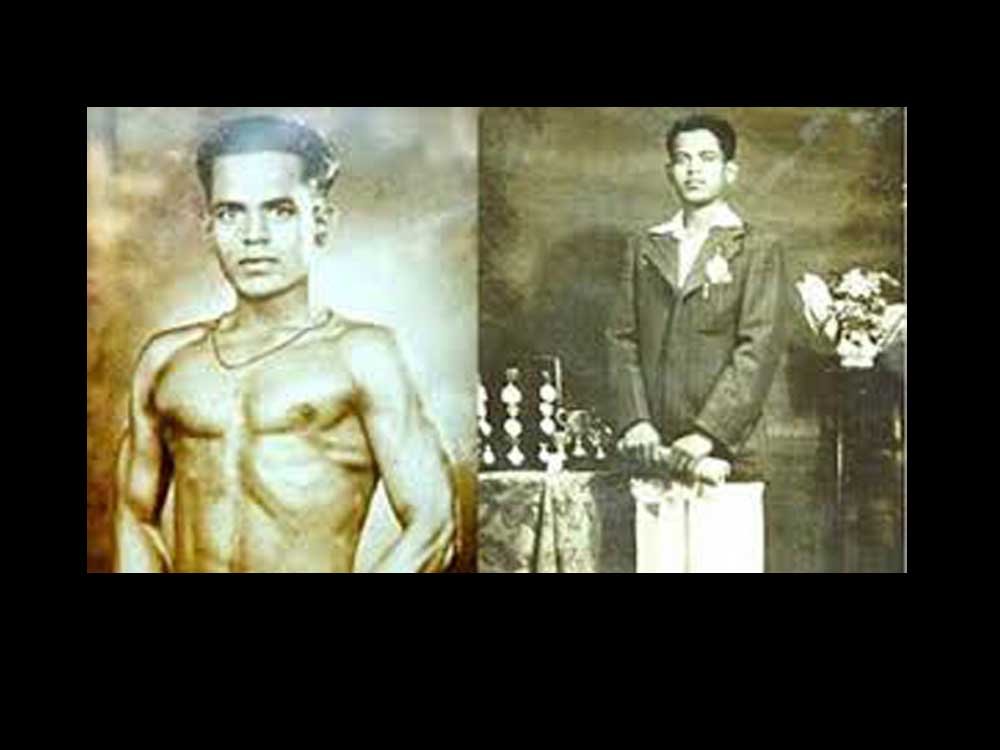Jadhav, known as the “Pocket Dynamo,” was born in Goleshwar, Maharashtra on January 15, 1926. He began training with his father, who was also a wrestler, and went on to compete in state and national level events.

First Olympic Appearance in 1948
Jadhav’s first Olympic appearance was at the 1948 London Games, where he was trained by Rees Gardner, a former lightweight World champion from the United States. He finished sixth in the flyweight section.
Training for 1952 Helsinki Olympics
Jadhav spent the next four years training for the 1952 Helsinki Olympics, moving up a weight class to bantamweight. His journey to the games was made possible by community support, with the Maharaja of Patiala providing the funding for him to qualify and his college Principal mortgaging his house for ₹7,000.
Bronze Medal at Helsinki Olympics
At Helsinki, Jadhav sailed through the first five rounds, winning almost every other bout inside five minutes. He lost in the semifinals against Japan’s Shohachi Ishii, but was asked to compete again in the match for the bronze medal, against Soviet Union’s Rashid Mammadbeyov. Unfortunately, Jadhav was exhausted and lost the match, leaving him with a bronze medal.
End of Wrestling Career and Legacy
Jadhav’s wrestling career ended after he injured his knee before the next Olympics. He later worked as a police officer before passing away in an accident in 1984. The Maharashtra Government posthumously awarded him the Chhatrapati Puraskar in 1992-1993. The wrestling venue built for the 2010 Delhi Commonwealth Games was named in his honor.
Google’s tribute to Jadhav on his 97th birth anniversary serves as a reminder of his significant contributions to Indian sports and his remarkable achievements as an individual Olympian. Despite facing financial and logistical challenges, Jadhav was able to make it to the Olympics and bring home a bronze medal, which was India’s first individual Olympic medal after Independence. His determination and hard work continue to inspire future generations of athletes and serves as a reminder of his legacy in Indian sports.
